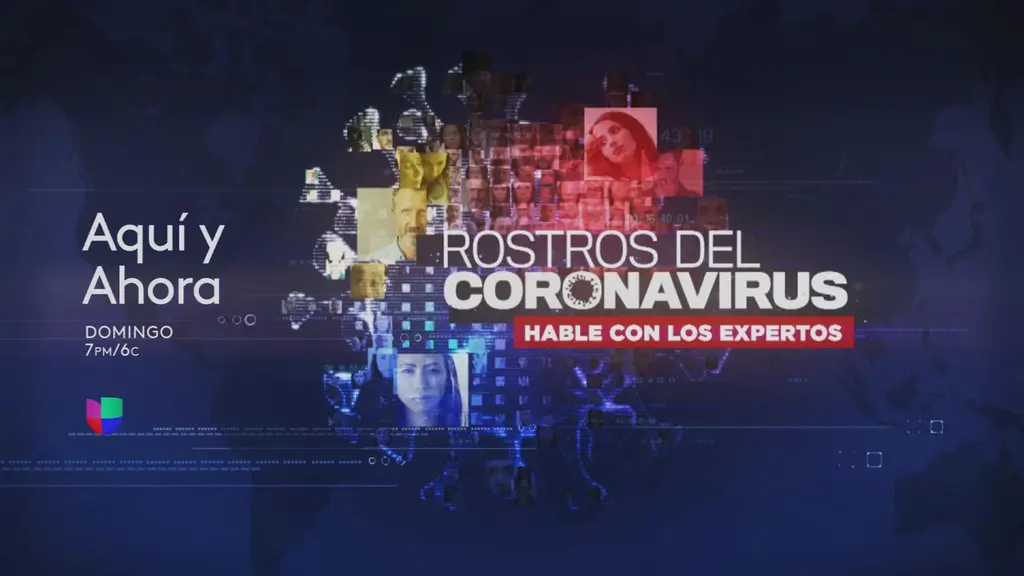Why Trump's racist insults threaten a fragile Haiti eight years after the earthquake

MIAMI, Florida – President Donald Trump's inflammatory and racist comments about Haiti and El Salvador, calling them “shithole” countries, may have deeper repurcissions than simply highlighting his lack of judgment or capacity to lead the nation. He may have further damaged an already devastated nation.
Haiti, which depends on charity and remittances to survive, receives more aid from the U.S. government than any other country in the hemisphere: millions of dollars per year, for many decades. But that assistance has been dropping under Trump, long before he let the world know what he really thought of Haiti. Since Trump became president, assistance to Haiti has fallen 25%, according to the U.S. Agency for International Development
From the 17th to the 19th century, Haiti produced lumber, rice, coffee and sugar, thanks to millions of African slaves. But they rebelled in 1804 and founded the first – the only – black republic in the Americas. One hundred years later, in 1915, U.S. Marines landed in Haiti and stayed for 19 years, until 1934. It was the longest U.S. occupation in Central America and the Caribbean. During that period Haiti barely produced cotton and sugar.
Then came the Duvalier dictatorship, from 1957 to 1986, when thousands of Haitians emigrated to the United States. Since the end of the dictatorship, Haiti has been under a permanent state of reconstruction, with the United States, and Brazil leading the way.
That is how Haiti lives off its poor. Transformed into humanitarian assistance, poverty finances 60% of the country's budget. Other aid, delivered by foreign non-governmental groups and agencies, helps sustain health and education services without traveling through the hands of Haiti's government. Ninety-three percent of the U.S. assistance approved for Haiti is managed by U.S. agencies, churches and non-governmental organizations that carry out assistance programs.
During the first year of the Trump presidency, the United States spent more than $325 million to help Haiti. A big part of that money, $86 million, was for recovery following Hurricane Matthew in 2016, which left 2,000 dead and destroyed the southern peninsula, home of most of the country's large farms.
Another 71 million went to improving the country's governance – peace, security and conflict resolution efforts – amid the withdrawal of U.N. peacekeeping troops deployed in the country since the ouster of President Jean Bertrand Aristide in 2004.
Even as Haiti continues to recover from an earthquake, a cholera epidemic and three large hurricanes and storms, the U.S. government approved a 25% cut in aid in 2017 from the previous year.
The United States sent Haiti more than $435 million in 2016. That included $91 million for programs to help HIV-positive patients, including the President's Emergency Plan for AIDS Relief (PEPFAR).
In Trump's first year in the White House, the programs received less than one-third of that amount, $24 million. The New York Times reported in June that during a White House meeting on immigration Trump had said Haitian immigrants “all have AIDS.”
Beyond Trump's private insults, his istration has taken concrete steps that damaged bilateral relations and the Haitian diaspora based in the United States.
In May, the Department of Homeland Security announced it would end Temporary Protected Status for nearly 59,000 Haitians who have been in the United States legally since 2010, after a powerful earthquake killed more than 250,000 people in Port au Prince and surrounding areas.
“Haiti has made progress across several fronts since the devastating earthquake in 2010, and I’m proud of the role the United States has played during this time in helping our Haitian friends," Secretary of Homeland Security John F. Kelly announced.
Haitians have until July 22, 2019 – 18 months – to leave the United States. That includes the parents of 27,000 children born in the United States after 2010, plus thousands of Haitians whose families depend on the remittances they send from the U.S. The Global Justice Clinic estimated that remittances sent by TPS beneficiaries about 250,000 people in Haiti.
What's more, the United States has not had an ambassador in Haiti for the past year. The last ambassador, Peter Mulrean, arrived in May of 2015 and resigned in February of 2017 for "personal reasons." Since then, Chargé d'Affaires Robin Diallo has led the mission while waiting for Washington to send a new ambassador.



